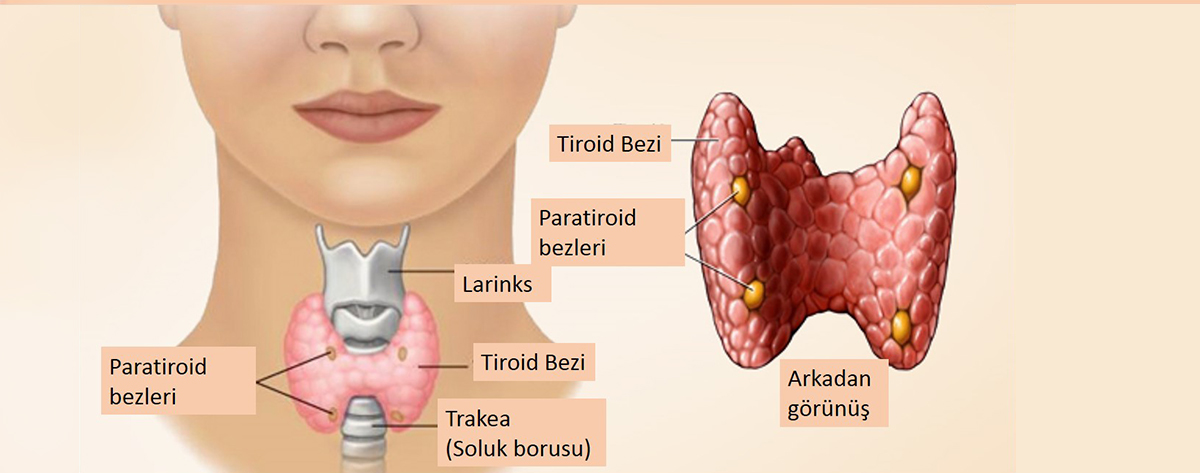Thyroid Diseases

The thyroid gland is an endocrine organ in the neck region, consisting of two lobes of approximately 5 centimeters, and weighing an average of 25 grams. Thanks to the commands it receives from the brain and the thyroid hormones it secretes, the thyroid gland plays a major role in many metabolic activities of the body, from growth and development to the use of nutrients, from sleep cycle to heart functions.
Although diseases of the thyroid gland generally occur with conditions such as hypothyroidism, where the thyroid is underworked, and hyperthyroidism, where the thyroid is overworked, nodules and cancers of the thyroid gland are also the third of thyroid diseases. forms a group.
Diseases that cause hypothyroidism generally have symptoms such as weakness, extreme fatigue, sleepiness and lack of attention, tendency to gain weight, menstrual irregularities; Thyroid diseases that cause hyperthyroidism appear with symptoms such as excessive sweating, palpitations, anxiety, hot flashes and increased appetite.
Nodules that may occur in the thyroid gland may have symptoms of both groups, or they may be completely silent without showing any symptoms.
